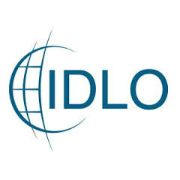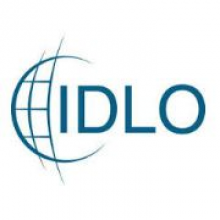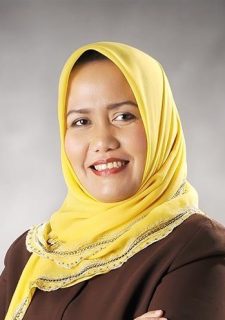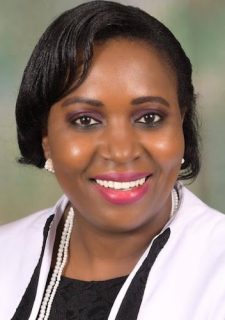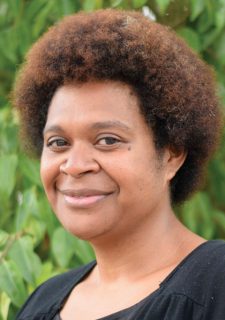Accessing Justice: Alternative Dispute Resolution in Somalia
The International Development Law Organization (IDLO), Cordaid and the International Commission of Jurists (ICJ) are organizing an Implementer Dialogue on “Accessing Justice: Alternative Dispute Resolution in Somalia.” The Dialogue will convene practitioners in the fields of rule of law and access to justice to discuss findings from IDLO’s latest research on Alternative Dispute Resolution (ADR) centers in Somalia, while also providing an opportunity for exchange of lessons learned and good practices on strengthening linkages between formal and customary and informal (CIJ) justice mechanisms in diverse contexts.
To ensure access to justice for all and support the development of peaceful and inclusive societies and effective, accountable, and inclusive institutions under Sustainable Development Goal (SDG) 16, justice systems must innovate and meet people’s everyday justice needs. The Implementer Dialogue will convene practitioners in the fields of rule of law and access to justice to discuss findings from IDLO’s latest report on Alternative Dispute Resolution (ADR) centers in Somalia, while also providing an opportunity for exchange of lessons learned and good practices on strengthening linkages between formal and customary and informal (CIJ) justice mechanisms in diverse contexts. Attached is the invitation letter and concept note.
The dialogue forms part of a series of engagement with implementing partners working to improve access to justice and enhance performance of justice sector institutions in their respective geographic areas of focus in order to develop high-impact and high-quality programming . Previous dialogues in this series have proven to foster positive exchanges on lessons generated from programs and created opportunities for joint initiatives and partnerships.
We look forward to welcoming you. For any questions, please email Zainab Malik (Program Development Specialist, IDLO) (zmalik@idlo.int)

